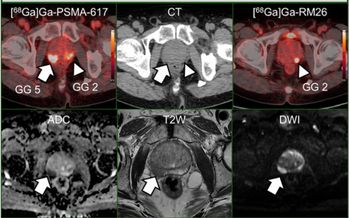
Resonance Technology puts patient comfort on top
Patient comfort during MR and the efficiency of functional MR got a boost at RSNA 2008 with the unveiling by Resonance Technology of enhancements to its CinemaVision audio video systems and FuncLAB automated fMRI image data processor.
Patient comfort during MR and the efficiency of functional MR got a boost at RSNA 2008 with the unveiling by Resonance Technology of enhancements to its CinemaVision audio video systems and FuncLAB automated fMRI image data processor.
A new audio phone is integrated into CinemaVision's headset. This enables the technologist to hear the patient distinctly during scans and allows for conversations. Enhanced noise cancellation technology is installed as well.
Patients will also be able to see the faces of attending technologists. In addition, CinemaVision will offer movies and other forms of patient entertainment. Resonance will also debut a 1000 Hz MRI eye-tracker camera along with data analysis software for use with its VisuaStim audiovisual stimulation module.
Newsletter
Stay at the forefront of radiology with the Diagnostic Imaging newsletter, delivering the latest news, clinical insights, and imaging advancements for today’s radiologists.















